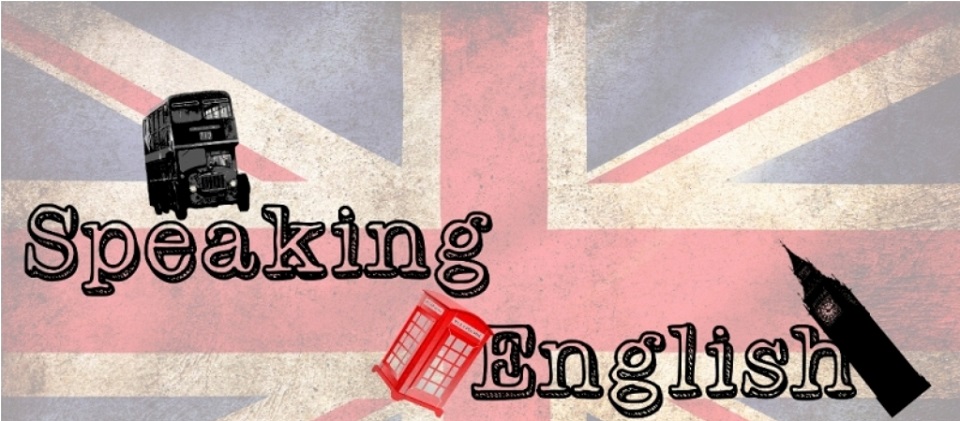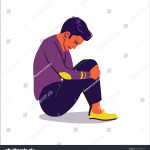By Nickolaos Pitsios
It seems like I am constantly hearing about young people going into therapy. Rates of depression and anxiety among teens are increasing steadily, and even extreme incidents like violent crimes and suicides are less uncommon.
Some people argue that life is more difficult and the world is more dangerous nowadays. However, it has long been known that such factors do not affect people’s psychological problems. You might find it hard to believe, but research has shown that in times of war and economic depression, rates of anxiety among the general population, including young people, actually decrease dramatically.
Despite all of these real changes and freedoms that young people now enjoy, the perceived freedom that they have has diminished greatly. This has been proven by tests that measure one’s internal sense of control. People who believe that they have control over their own destiny are more likely to take care of their health, having a good standing in society, and be less likely to suffer from depression. Those who place emphasis on external emphasis on external factors such as having a lot of money or social status are more prone to depression and anxiety. They feel that there is no use even trying, since their efforts are doomed from the start.
But there is an important way in which parents are responsible for this increase in teenage depression. Young people potentially learn to develop independence and a sense of worth from a very young age.
By hovering over them and not allowing them to learn life lessons on their own, they are depriving them a sense of inner worth. It’s time that unstructured play and freedom became a part of childhood instead of endless extracurricural activities and homework. The child’s future ability to attain happiness in their parent’s hands should be treated with caution.




